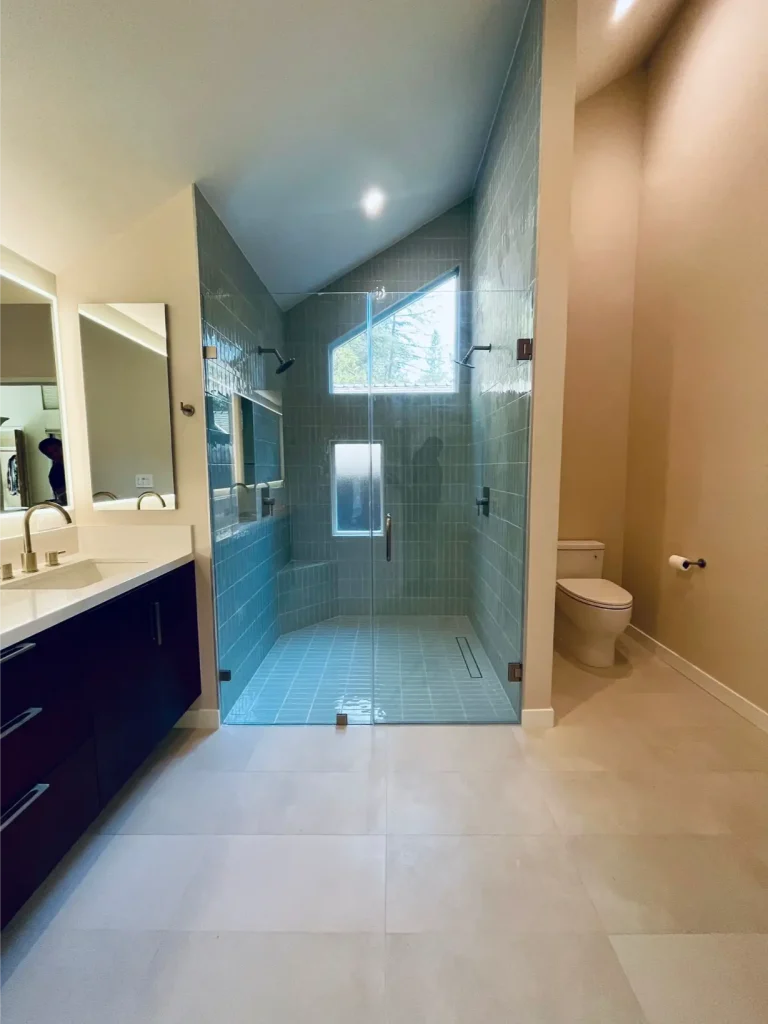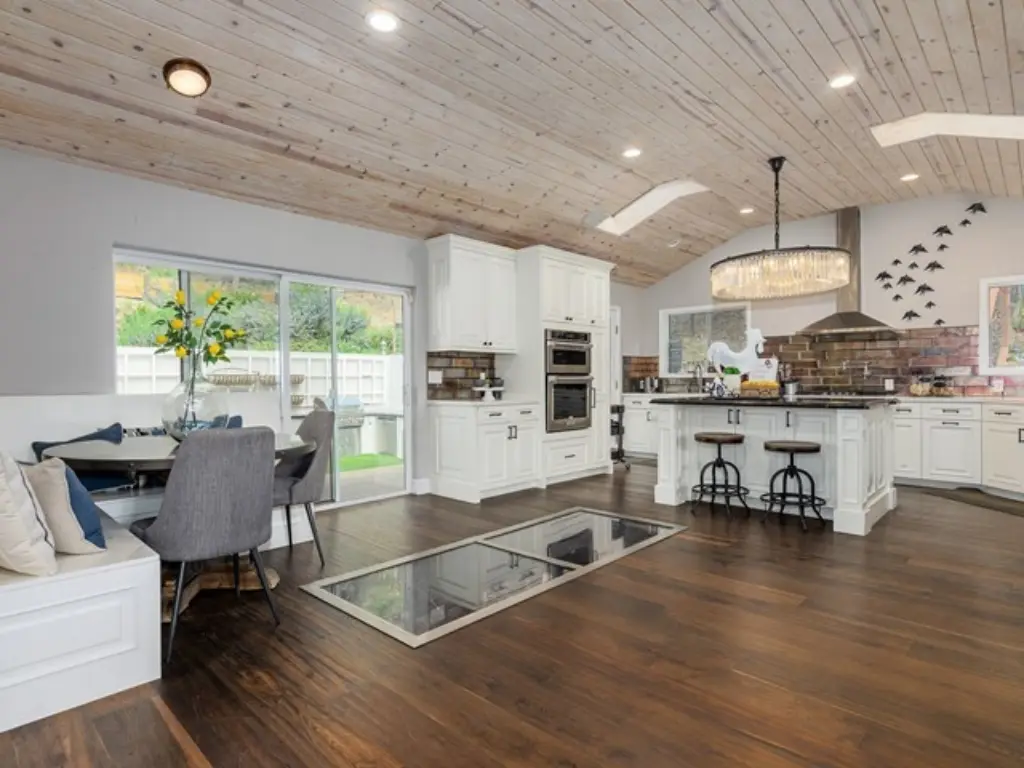Planning to expand your Oakland property? You’re not alone. Many folks want more space these days. But before grabbing that hammer, you need to understand local regulations. Oakland requires building permits for additions and conversions. Getting familiar with home addition laws helps you avoid costly mistakes. These home addition laws protect both you and your neighbors. Let’s walk through what you need to know.
Understanding Oakland Home Addition Laws and Building Permit Requirements
Oakland takes construction seriously. The city requires permits for most types of construction, repair, and system upgrades. This includes expanding your living space or converting existing areas. The Planning and Building Department oversees everything. They ensure projects meet safety standards and zoning requirements. Understanding home addition laws saves you headaches later. The city recently launched rapid permits for simpler projects too. This makes the process faster for some renovations. Local home addition laws change occasionally, so staying informed matters.
When You Require a Building Permit for Additions
Most expansions need proper documentation. Projects that increase floor area, height, or volume require permits. Even smaller projects might need approval. Converting a garage? You’ll need paperwork. Building a deck? Same story. The city wants to ensure safety standards are met. Always check with the Planning Department first. They’ll tell you exactly what’s needed for your project.
Types of Home Additions: Room Additions vs. ADUs
Room expansions and ADUs follow different rules. Traditional room expansions attach directly to your existing structure. ADUs create separate living spaces on your property. Oakland has decreased or removed several fees for ADU construction. Both options increase your property value. However, ADUs often provide rental income opportunities. Consider your long-term goals when choosing. Each type affects your property differently.
Requirements for New ADU Construction
ADUs need both regular building permits and DRX permits from the Planning/Zoning Bureau. Size limits apply based on your lot. Setback requirements exist too – typically four feet from property lines. Fire sprinklers are only necessary if required in the primary unit. The city offers pre-approved ADU plans to simplify things. Low-income owners might qualify for special loan programs.
Property Tax and Permit Requirements for Homeowners
Building expansions affect your tax bill. Any addition, including outdoor structures like pools and decks, causes reassessment. Only the new construction gets reassessed though. Your existing structure keeps its current assessment. Property taxes usually increase by about 0.5% of project costs. Factor this into your budget planning. Remember, skipping permits doesn’t avoid reassessment – assessors eventually find out.
Projects Exempt from Permit to Remodel
Good news – not everything needs permits! Oakland’s home addition laws allow certain improvements without paperwork:
- Interior painting and new flooring
- Minor drywall patches and repairs
- Replacing existing electrical switches
- Simple bathroom fixture replacements
- Window awnings under 54 inches projection
These exemptions save time and money. Still, double-check with the city first. Rules sometimes change based on project specifics.
Building Without a Permit: HOA Restrictions and Occupancy Laws
Skipping permits brings serious consequences. The city can stop your project immediately. You’ll face fines and legal troubles. Plus, unpermitted work creates problems when selling. Banks often refuse mortgages for properties with illegal expansions. Your HOA might have additional restrictions too. They can fine you separately from city penalties. Following home addition laws protects your investment. Always get proper approvals before starting construction.
Conclusion: Successfully Navigating Oakland's Home Addition Laws
Oakland’s home addition laws seem complex at first. But proper planning makes everything manageable. Start by consulting the Planning Department early. They’ll guide you through requirements specific to your project. Consider using Oakland’s new online permit system. Rapid permits provide instant approval for qualifying projects. Budget for both construction costs and tax increases. Remember that following regulations protects your property value. Your dream expansion is possible with the right approach!
Frequently Asked Questions
How long does Oakland's permit approval process typically take?
Standard permits take 4-8 weeks for approval after submission. Complex projects might need 12 weeks. Oakland’s new rapid permits provide instant approval for simpler work. Pre-approved ADU plans speed things up too. Submit complete applications to avoid delays. Missing documents slow everything down considerably.
Can I do the construction work myself or must I hire licensed contractors?
You can perform work yourself as the property owner. However, electrical, plumbing, and structural work requires licensed professionals. Oakland inspectors check everything carefully. DIY projects still need permits and inspections. Many owners find contractors handle permits better. They know the process and avoid common mistakes that cause rejections.
What if I bought a property with existing unpermitted additions?
Disclose everything to the city immediately. Oakland offers paths to legalize existing work through retroactive permits. You’ll need inspections and possibly modifications to meet current codes. Costs vary based on what’s needed. Ignoring the issue creates bigger problems later. Real estate transactions often require clearing these violations first.








